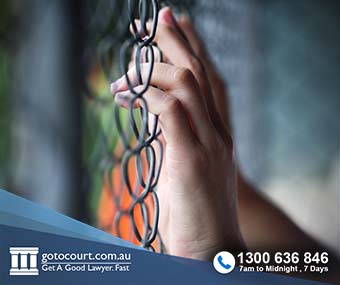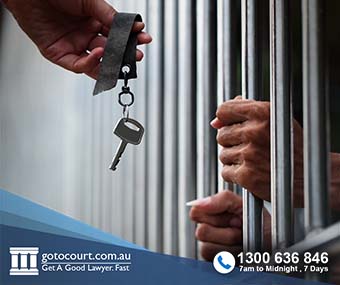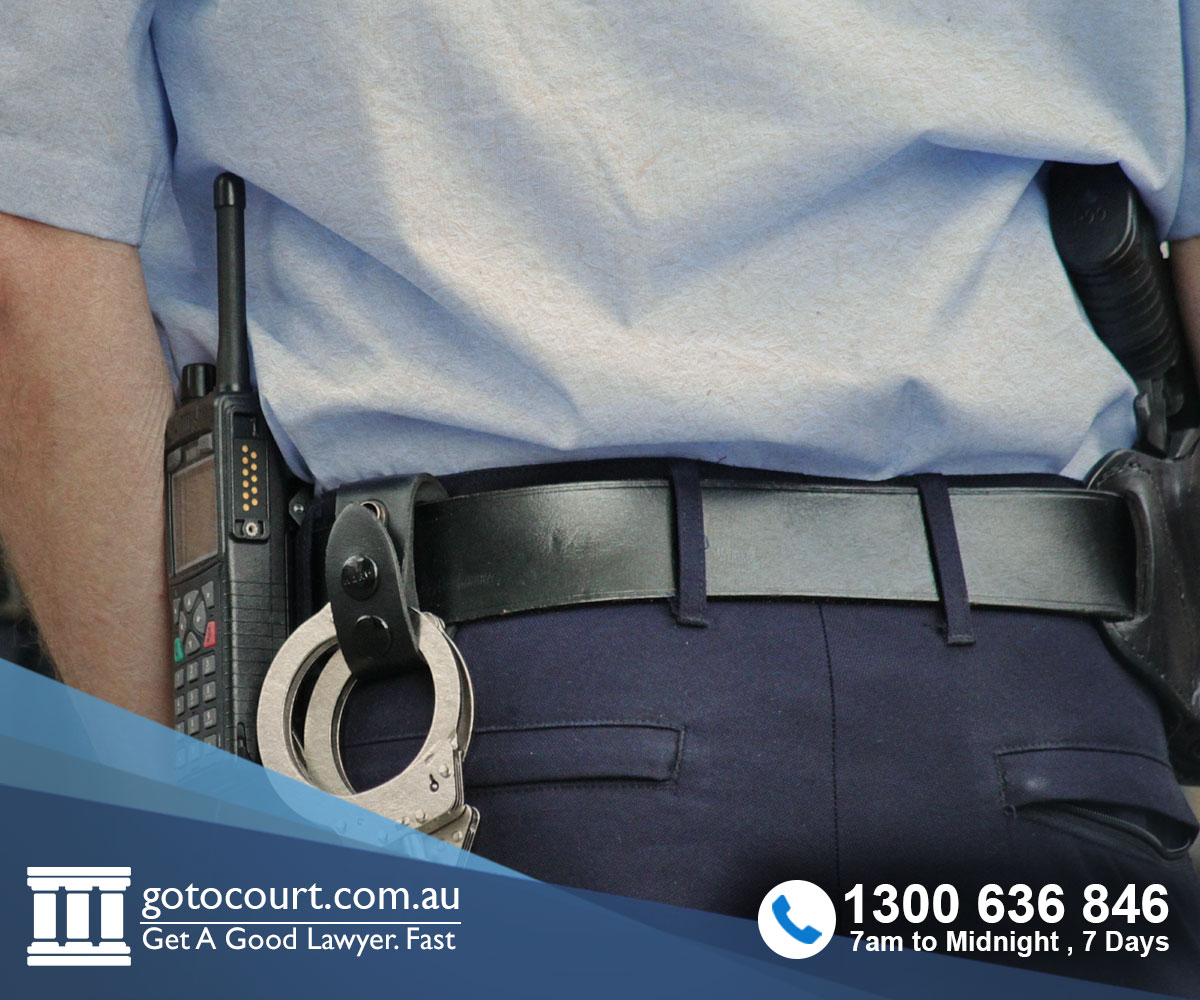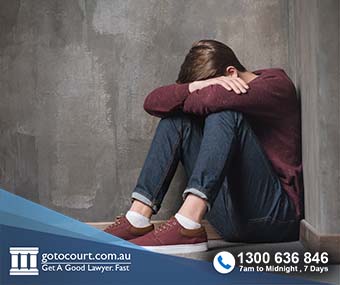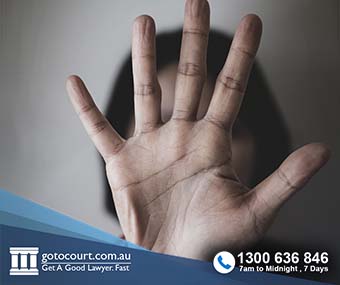Youth Detention (NT)
The Northern Territory has two youth detention centres, Don Dale Detention Centre in Darwin and Alice Springs Detention Centre. Government statistics reveal that the majority of young people in detention in the NT are being held on remand, with only a small minority having been sentenced to detention. The overwhelming majority of children held in youth detention in the NT are Indigenous.
Age of criminal liability
In August 2022, the age of criminal liability in the NT was raised from 10 to 12. A child must now be over 12 to be charged with an offence in the NT.
The age of criminal liability in the NT was raised in response to concerns the high rate of incarceration among Indigenous youth in the Territory.
Research indicates that a low age of criminal liability leads to disadvantaged young people being criminalised and incarcerated at an early age, leading to an increased likelihood of their coming into contact with the criminal justice system as an adult.
Doli incapax
There is a rebuttable presumption that a child below the age of 14 cannot be found guilty of a criminal offence. This is known as the doli incapax (incapable of evil) rule.
This presumption can be overcome when the prosecution adduces evidence that the young person understood the criminal nature of their actions.
Bail and remand
Under the Bail Act 1982, a young person who is charged with a criminal offence can be granted bail by the police or remanded in custody. If the police do not grant bail, the young person must be brought before a court as soon as possible. The court may either grant bail or refuse to do so.
If the young person is refused bail, they are held in youth detention until their charges are finalised or until a court grants them bail.
Bail is generally granted where the young person has a suitable place to live, is not considered a threat to the community and is likely to attend court to answer to the charges. Bail may be granted subject to conditions, such as to abide by a curfew or not to have contact with any alleged co-offenders.
Sentences of detention
Juvenile offenders are generally dealt with by the Youth Justice Court. However, when the charges are serious indictable offences, the matter will need to proceed through a committal hearing and be finalised in the Supreme Court. The sentences that can be imposed on young offenders depend on which court is dealing with them.
Youth Justice Court
When the Youth Justice Court sentences a young person, it may order the youth to serve a term of detention only if no other sentencing order is appropriate in the circumstances (Youth Justice Act, Section 208).
The court can order that the term of detention be wholly or partly suspended.
A young person who is under 15 may be sentenced to youth detention for a maximum of 12 months. A young who is over 15 may be sentenced to detention a maximum of two years by the Youth Justice Court.
Supreme Court
When the Supreme Court sentences a juvenile offender, the maximum period of detention that can be imposed is determined by the maximum penalty specified in legislation for the offence.
Parole
When the Youth Justice Court sentences a young person to detention or imprisonment for a term that is longer than 12 months, where the term is not partly suspended, the court must fix a non-parole period unless it is inappropriate to do so.
In the NT, the decisions about whether to release a young person or adult on parole are made by the NT Parole Board. The Parole Board decides whether to grant parole taking into account a number of factors, including the rights of victims, the safety of the community and the needs of the prisoner.
Human rights
Australia is a signatory to the Convention on the Rights of the Child, which sets out how juvenile offenders must be treated in youth detention. Article 37 of the Convention prescribes that children should be detained only as a last resort and for the shortest appropriate period of time. Children in detention should be treated in a manner that takes into account the needs of persons of their age. Children in detention should generally be kept separate from adult in custody and allowed to maintain contact with their family. Children who are detained should be given prompt access to legal assistance.
Royal Commission
In 2016, the federal government launched the Royal Commission into the Protection and Detention of Children in the Northern Territory after it was revealed that detainees had been abused in Don Dale Detention Centre. The abuse amounted to breaches of Australia’s international human rights obligations as well as of domestic laws.
The Commission recommended that Don Dale Detention Centre be closed down and that youth detention facilities should not be located close to adult prisons. However, the centre remains open.
If you require legal advice or representation in any legal matter, please contact Go To Court Lawyers.

